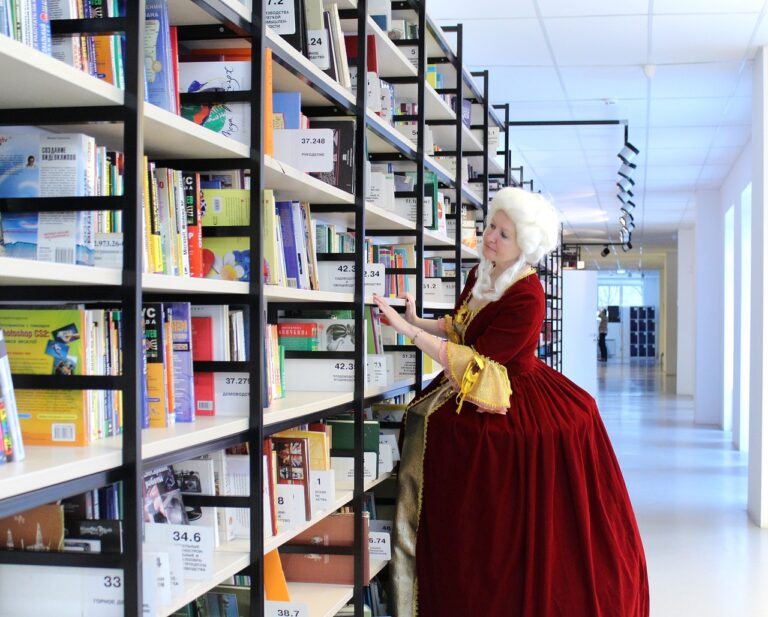Exploring Virtual Reality Sociology Simulations for Social Science Education
goldbet6, tigerexch, betbook247 app: Virtual reality (VR) has transformed the way we experience and interact with the world around us. From entertainment to education, VR technology is revolutionizing various industries. In the field of social science education, VR simulations offer a unique and engaging way to explore complex sociological concepts.
Understanding society and human behavior is essential in social science education. Traditionally, students learn about these concepts through textbooks, lectures, and discussions. However, VR simulations provide an immersive experience that enables students to step into different social scenarios and gain a deeper understanding of how societies function.
One of the key benefits of using VR sociology simulations in social science education is the ability to experience real-world situations in a controlled environment. Students can interact with virtual characters, engage in conversations, and make decisions that affect the outcome of the scenario. This hands-on experience helps students develop empathy, critical thinking skills, and a deeper appreciation for the complexities of society.
Moreover, VR simulations can help students explore social issues from different perspectives. For example, students can experience what it’s like to be a member of a marginalized community, or to navigate a social conflict. By stepping into the shoes of others, students can gain insights into the lived experiences of different groups and develop a more nuanced understanding of social dynamics.
In addition to providing a more engaging learning experience, VR sociology simulations can also increase retention and comprehension of sociological concepts. Research has shown that immersive experiences enhance memory and knowledge retention compared to traditional learning methods. By engaging multiple senses and creating a more realistic environment, VR simulations can help students remember and apply sociological theories more effectively.
Furthermore, VR simulations can facilitate collaborative learning and interdisciplinary approaches in social science education. Students can work together in virtual environments, discuss their observations and insights, and collaborate on projects. By bringing together students from different disciplines, VR simulations can help foster a deeper understanding of the complex interplay between society, culture, and individual behavior.
Overall, exploring virtual reality sociology simulations in social science education can offer a range of benefits, from enhanced learning outcomes to a deeper understanding of social issues. As technology continues to advance, incorporating VR simulations into the social science curriculum can help prepare students for the challenges and opportunities of an increasingly interconnected and diverse world.
FAQs:
Q: How accessible are VR sociology simulations for social science education?
A: VR technology is becoming more accessible and affordable, with various platforms and software available for educators to use in the classroom.
Q: Are there any potential drawbacks to using VR simulations in social science education?
A: While VR simulations offer many benefits, some challenges include the need for training educators to effectively integrate VR into the curriculum and ensuring equitable access to technology for all students.







